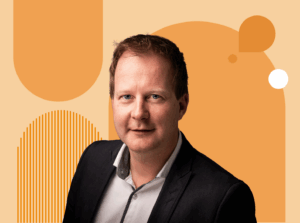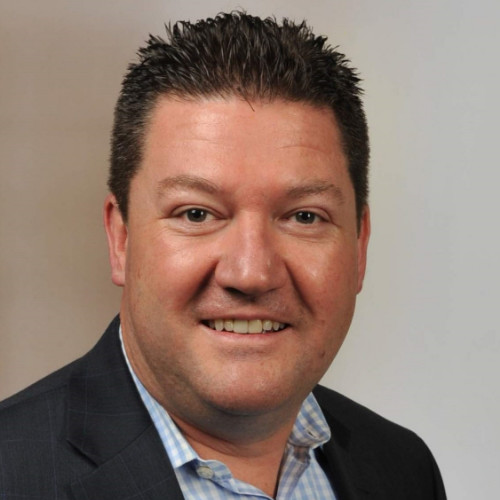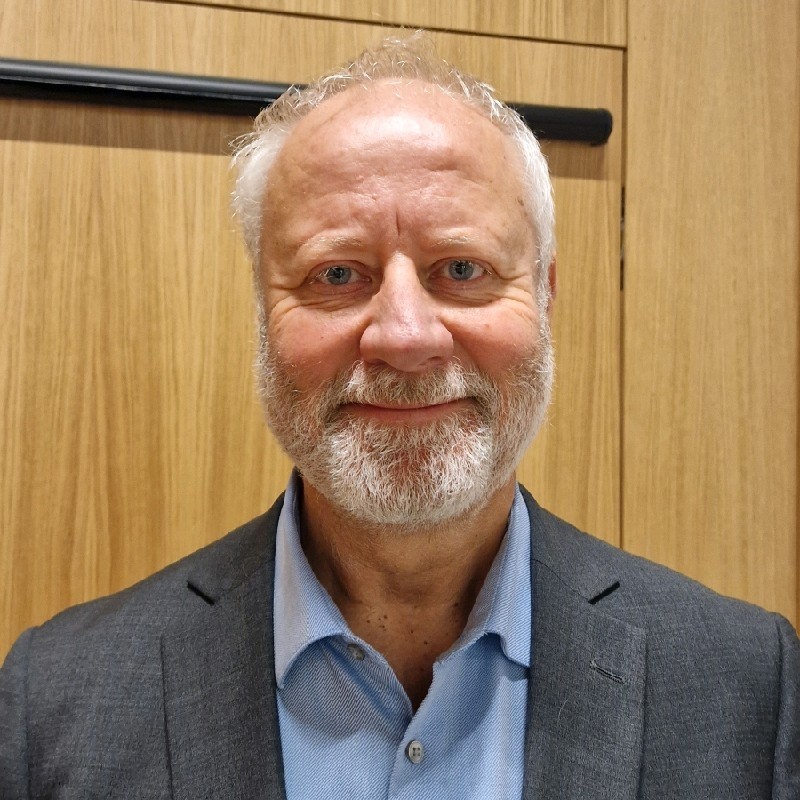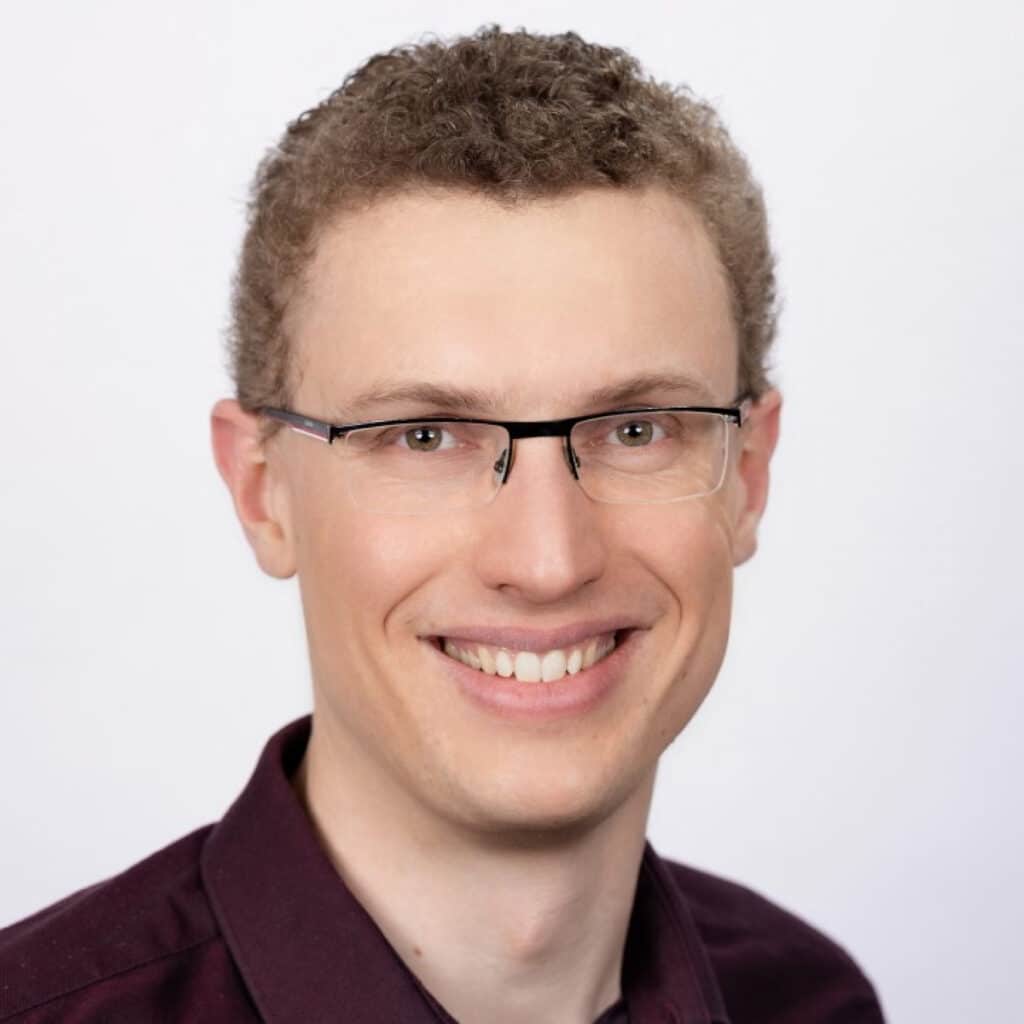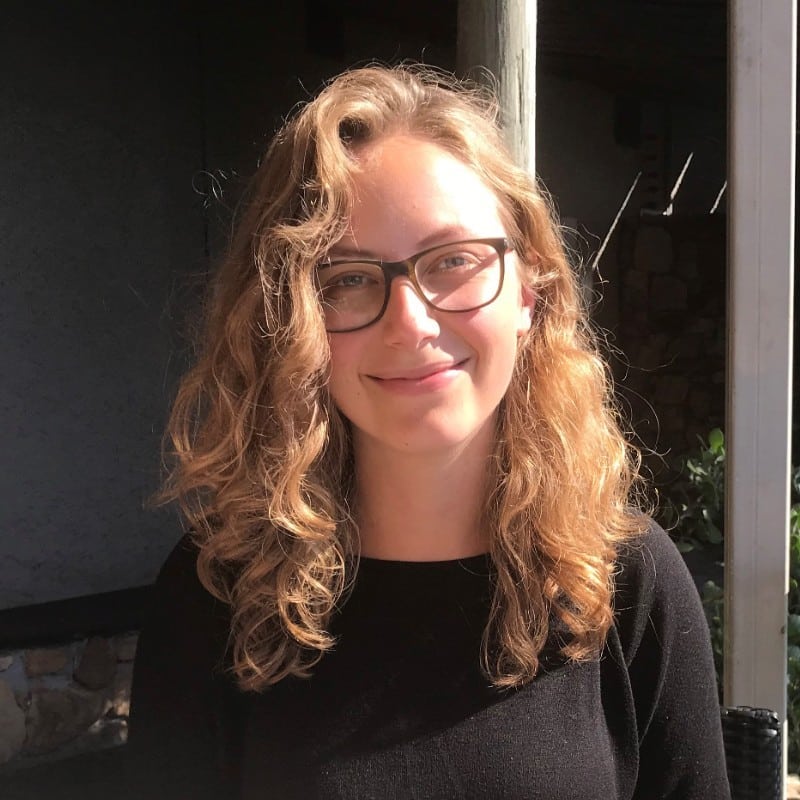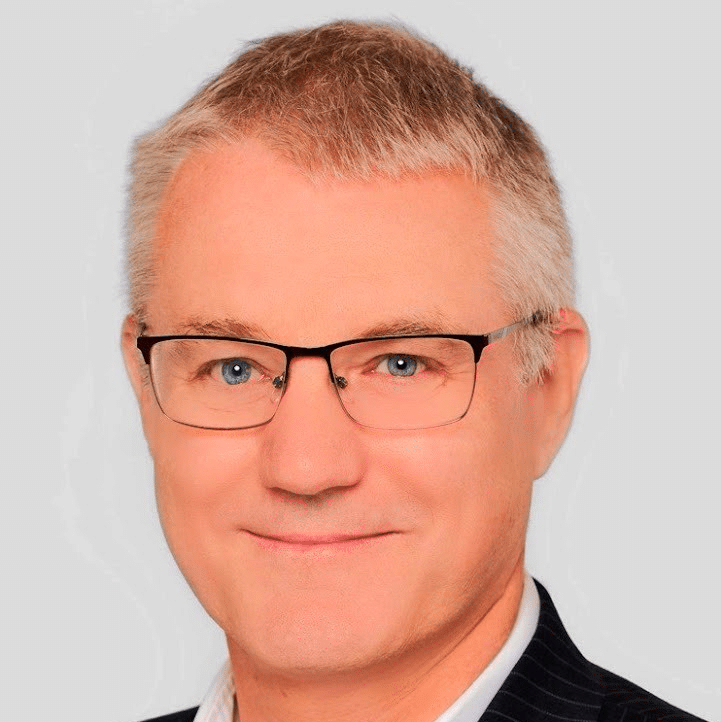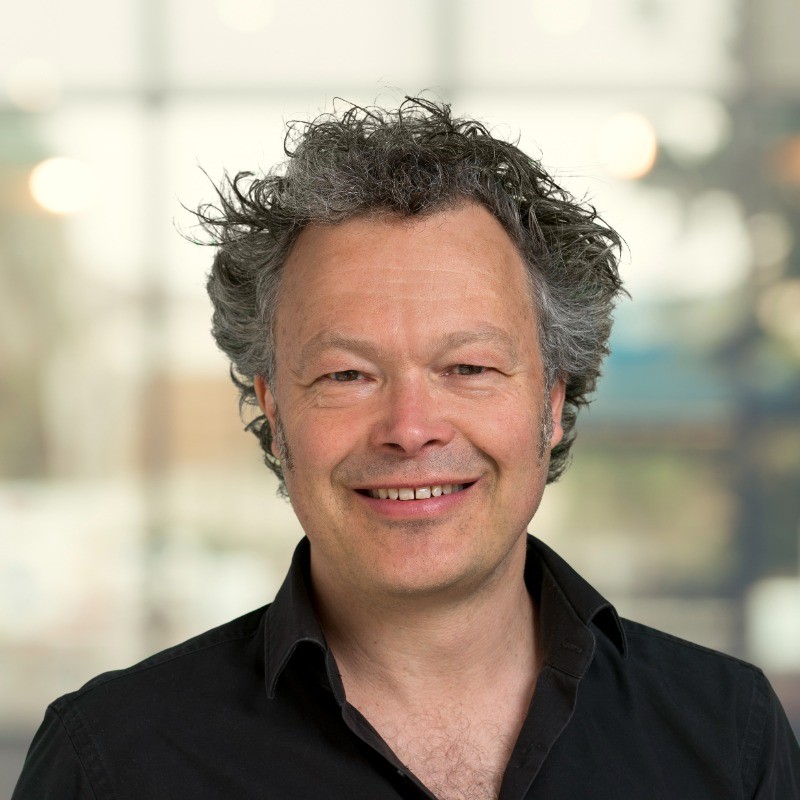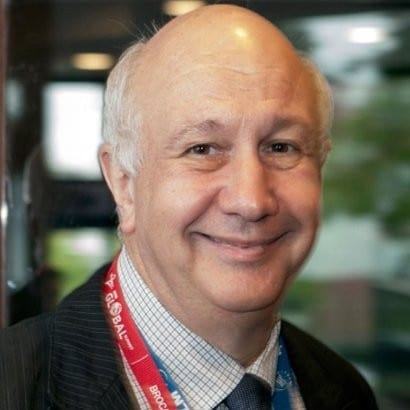The World's First Norm Engineering Conference 2025
Thank you for making this year’s conference unforgettable. Explore the best moments, key insights, and more!
Key Stats
9 presentations on the latest RegTech developments
10 countries represented
+95 global industry professionals
Speakers and Presentations
Our speakers delivered groundbreaking ideas and transformative insights.
Revisit their presentations by hovering over their photo to view and download the slides.
Matthew Gracie
Matthew Gracie from Deloitte launched the Regulatory Reengineering solution, combining Generative AI and FLINT to simplify regulations and ease compliance.
Robert van Doesburg
Robert van Doesburg from TNO introduced an open-source tool for standardized rule interpretation and promoted collaboration on shared open standards.
Tomas Algotsson
Tomas Algotsson from the Swedish Tax Administration presented how “Rule as Code” is transforming public sector compliance.
Leon Gommans
Leon Gommans from Air France KLM demonstrated how automated norm compliance improves data sharing and predictive algorithms in aviation consortia.
Thomas van Binsbergen
Thomas van Binsbergen from the University of Amsterdam explored GDPR-based data access controls to enhance compliance and transparency.
Sander Klous
Sander Klous from KPMG introduced a federated data ecosystem for managing sensitive data with embedded policy enforcement.
Romy van Drie
Romy van Drie from TNO discussed how GenAI and NLP boost norm modeling productivity through legal text extraction and QA systems.
Sofia Ali
Sofia Ali from the Dutch Tax Administration presented a framework for evaluating regulatory languages like OpenFisca and Catala.
Tom van Engers
Tom van Engers from TNO and the UvA highlighted how GenAI automates regulatory knowledge extraction and promotes cross-sector collaboration.
Tom van Engers
Tom van Engers from TNO and the UvA highlighted how GenAI automates regulatory knowledge extraction and promotes cross-sector collaboration.
Photo Gallery
Speakers and Presentations
Click on the speakers' pictures to learn more.

Tom van Engers
TNO

Vincent van Dijk
Pharosius
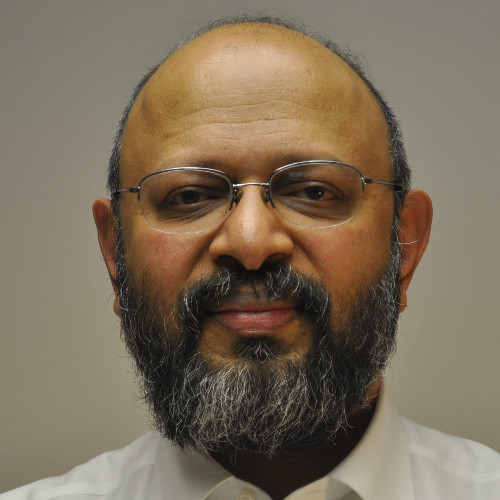
Suresh Nair
Mphasis
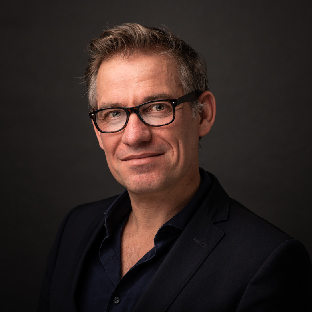
Maaike de Boer
???

What is norm engineering?
Norm Engineering converts legal language and regulations into structured data models. This standardized approach allows organizations to automate regulatory interpretation, making compliance systems more accurate in analyzing and monitoring legal requirements.
In collaboration with the University of Amsterdam, TNO, Deloitte, and Be Informed have launched a Norm Engineering programme. This initiative aims to create methods and tools for clear, unambiguous regulatory interpretation. The FLINT language, a key outcome, translates social, ethical, and legal norms into a format both humans and systems understand, enabling seamless automation.
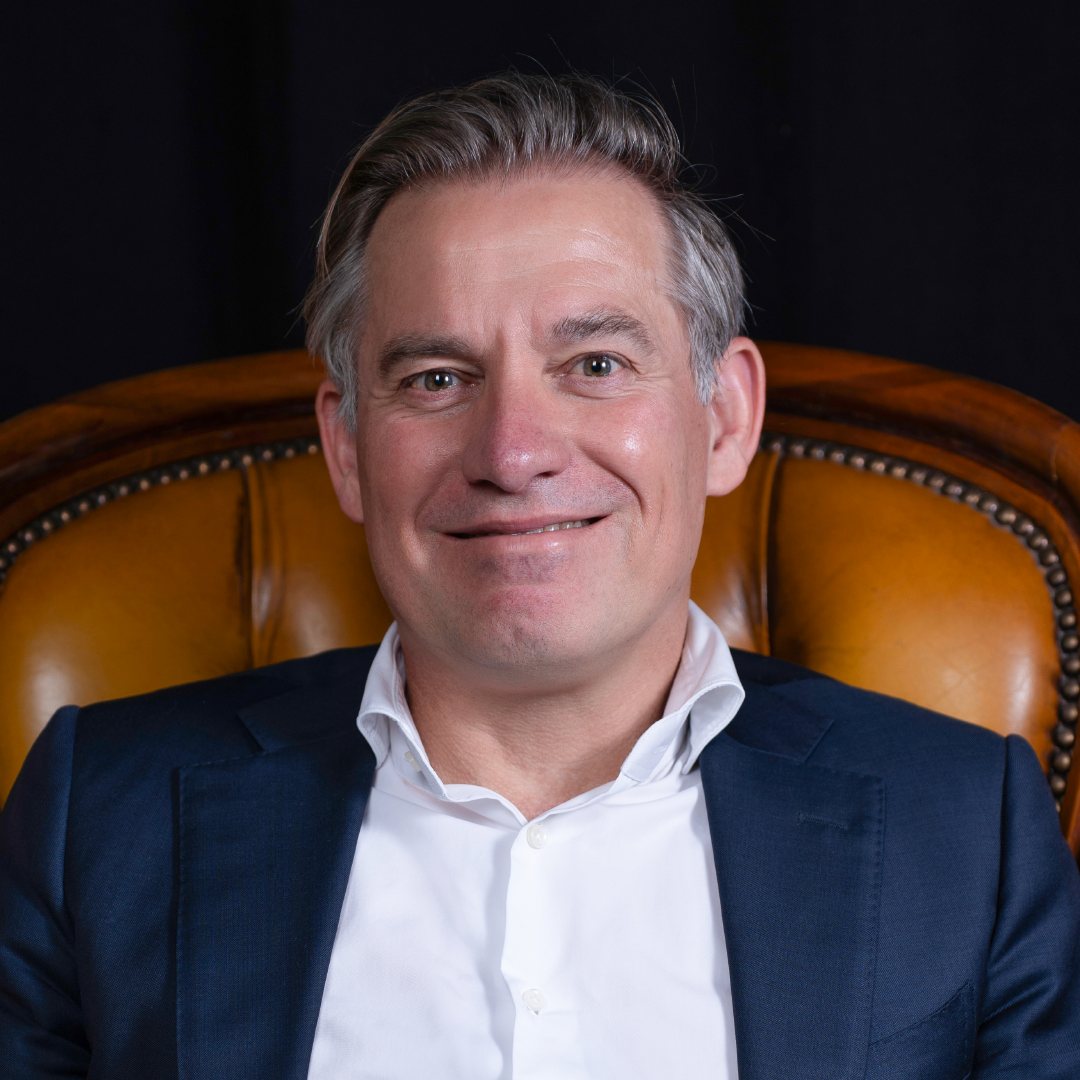
Discover what norm engineering can do for you!
With years of expertise, we’re equipped to support your digital development needs effectively. Book an exploratory meeting with us!


